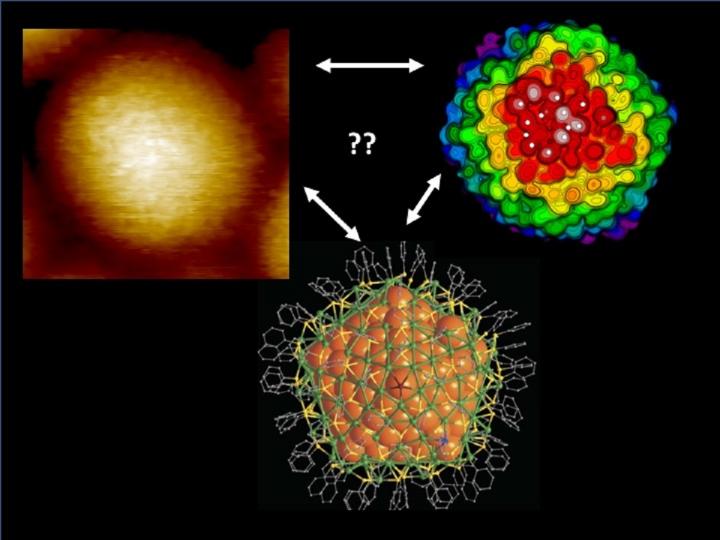Study challenges evolution of FOXP2 as human-specific language gene
FOXP2, a gene implicated in affecting speech and language, is held up as a textbook example of positive selection on a human-specific trait. But...
Why weight loss produces remission of type 2 diabetes in some patients
A clinical trial recently showed that nearly half of individuals with type 2 diabetes achieved remission to a non-diabetic state after a weight-loss intervention...
The end-Cretaceous extinction unleashed modern shark diversity
A study that examined the shape of hundreds of fossilized shark teeth suggests that modern shark biodiversity was triggered by the end-Cretaceous mass extinction...
New light shed on the people who built Stonehenge
Despite over a century of intense study, we still know very little about the people buried at Stonehenge or how they came to be...
VLA detects possible extrasolar planetary-mass magnetic powerhouse
Astronomers using the National Science Foundation's Karl G. Jansky Very Large Array (VLA) have made the first radio-telescope detection of a planetary-mass object beyond...
Complexity test offers new perspective on small quantum computers
State-of-the-art quantum devices are not yet large enough to be called full-scale computers. The biggest comprise just a few dozen qubits—a meager count compared...
High-resolution imaging of nanoparticle surface structures is now possible
Using scanning tunnelling microscopy (STM), extremely high resolution imaging of the molecule-covered surface structures of silver nanoparticles is possible, even down to the recognition...
Wildflowers combat climate change with diversity
In 1859, when Charles Darwin first articulated the theory of evolution, he speculated that a process of natural selection led species to adapt to...
In a first, scientists precisely measure how synthetic diamonds grow
Natural diamond is forged by tremendous pressures and temperatures deep underground. But synthetic diamond can be grown by nucleation, where tiny bits of diamond...
Plants can tell the time using sugars
A new study by an international team of scientists, including the University of Bristol, has discovered that plants adjust their daily circadian rhythm to...
Scientists measure severity of drought during the Maya collapse
The severity of drought conditions during the demise of the Maya civilisation about one thousand years ago has been quantified, representing another piece of...















